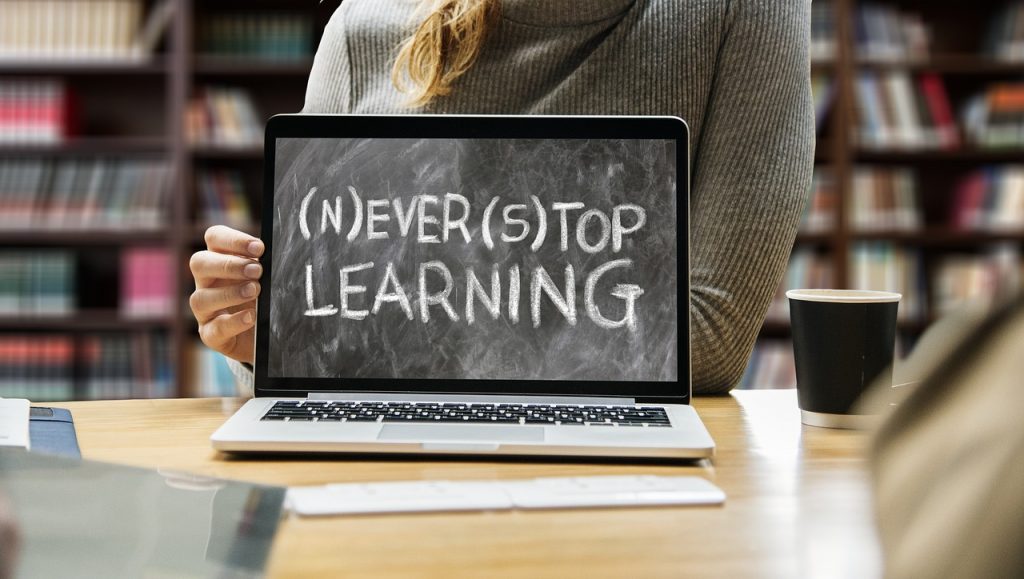Mental Toughness and Self-Monitoring are some things we can all learn to do!
Self-monitoring:
Is an important personal characteristic that enables people to adjust their behavior and conduct in any environment. It is also a great way to strengthen mental resilience.
Mental Toughness Inc. defines it as “the power to resist, cope with, and surpass doubts, worries, anxieties, and difficulties that stop one from accomplishing or excelling in a task towards an objective or a performance outcome.” Self-monitoring and acting against instinctive reactions is a tough challenge that is a symbol of mental fortitude.
VeryWellMind’s psychology experts explain that self-monitoring is “a personality trait that entails keeping track of and controlling one’s emotions, conduct, and presentations in response to social situations and environments.” It is easy to act in harmony with the context, for instance, in a formal dining atmosphere, you may want to keep your voice low. On the other hand, a fun outing with friends will make it natural to talk and laugh loudly.
Self-monitoring can be more complicated in certain scenarios, such as when having a disagreement with a friend. It may be tempting to shout out in frustration, but self-monitoring can remind you that yelling is not a solution. Instead, it’s better to take a few moments to calm down and speak in a steady tone.
If you have difficulty in self-monitoring, here are some strategies to help you improve:
Sharpen your observational skills:
Listen and observe more during conversations and interactions and use this information to modify your own behavior.
Take a step back from situations and consider them before responding. In certain scenarios, you may feel the urge to act quickly. However, you can practice self-monitoring by taking a brief break to relax and assess the situation before taking any action.
Pay attention to yourself when in various social environments. When you are out with friends, at work, or in a public park, take note of your behavior and how it is received by others. This will help you to recognize patterns and modify them in the future.
In conclusion:
It is possible to make a difference in the world through small, everyday acts of kindness. By taking the time to perform small, simple gestures, we can have a positive impact on those around us.
Even a tiny act of kindness can make a huge difference in somebody’s life, and the effects can be far-reaching. Everyone has the potential to make the world a better place through their own actions, no matter how small they may be.

